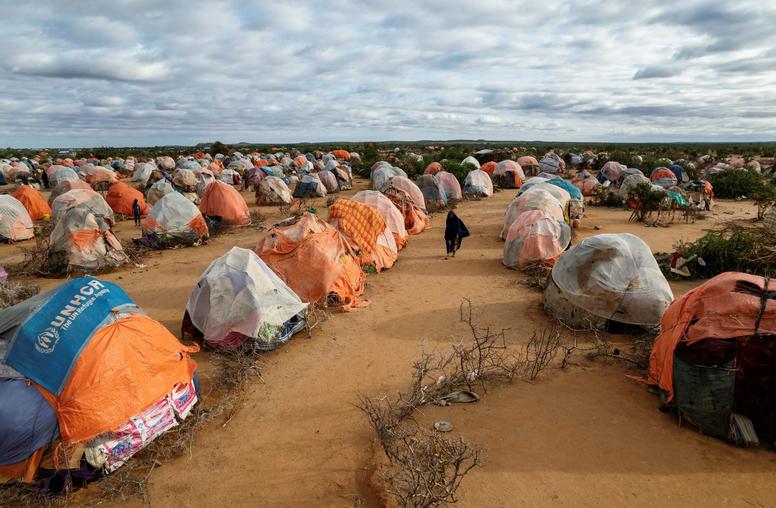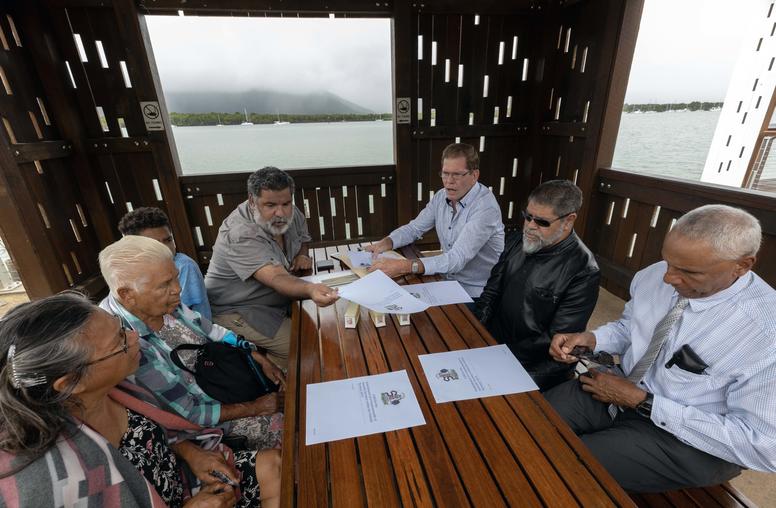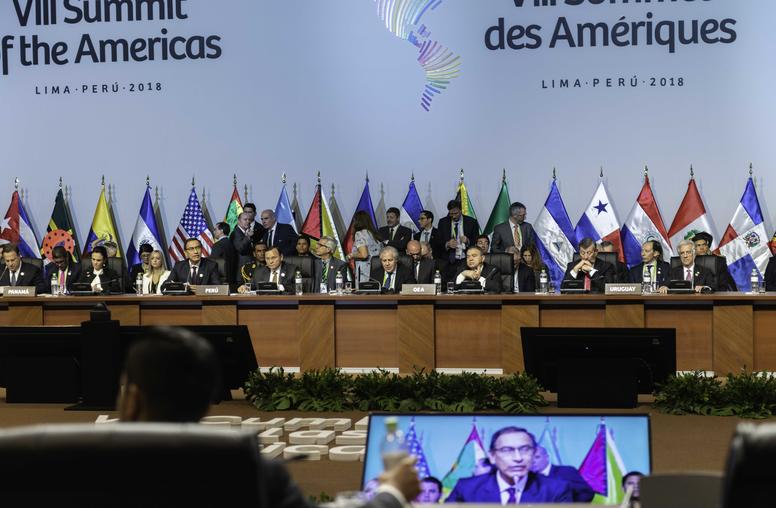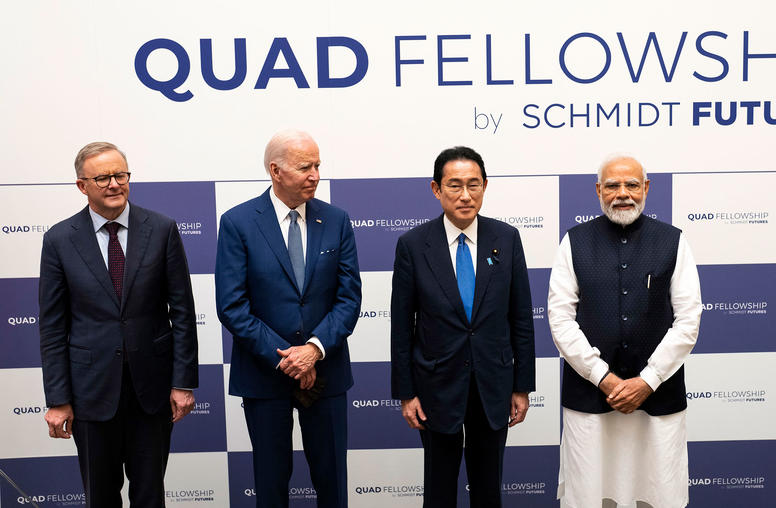Publications
Articles, publications, books, tools and multimedia features from the U.S. Institute of Peace provide the latest news, analysis, research findings, practitioner guides and reports, all related to the conflict zones and issues that are at the center of the Institute’s work to prevent and reduce violent conflict.

Somalia’s Critical Transition Comes amid al-Shabab and Hunger Challenges
On May 15, Somali legislators selected former president Hassan Sheikh Mohamud to reprise the chief executive role he played from 2012-2017. The vote marks a critical transition for Somalia and in the Horn of Africa, particularly after the election was delayed by two years and marred by corruption and violence. President Hassan Sheikh will return to power in a country seemingly splitting at the seams, amid a devastating drought, a metastasizing terrorist threat and a fractious political scene. Meanwhile, President Biden has decided to redeploy U.S. troops to fight the terrorist group al-Shabab, reversing a move made by President Trump at the end of his term.

I almost negotiated Israel-Syria peace. Here’s how it happened.
In the summer and fall of 2010, American mediation aiming for peace between Israel and Syria was gaining momentum. Both sides had agreed that the United States could table a draft treaty and shuttle the text between Damascus and Jerusalem for comments and proposed revisions.

Carla Freeman on Biden’s Asia Diplomacy
President Biden returned from Asia “having scored some positive points in the region,” says USIP’s Carla Freeman. But Biden’s forceful backing of Taiwan and China’s response is leading to “actual risk that there could be a collision … which could spark some kind of conflict.”

Putin’s War Backfires as Finland, Sweden Seek to Join NATO
Only three months into Russia’s brutal invasion of Ukraine, the geopolitical ripple effects are being felt across the European continent. Motivated by Moscow’s aggression, Finland and Sweden have applied to join NATO, ending decades of both states’ respective non-aligned status. Finnish and Swedish NATO accession would boost the capabilities and defensibility of the alliance. Their joining NATO is a rebuke of Russian President Vladimir Putin, who has bristled over the alliance’s post-Cold War expansion and used it as a pretext for his Ukraine incursion.

What Is Indigenous Foreign Policy? Lessons from Australia and New Zealand
In early May, the Solomon Islands — the second largest recipient of Australian aid — signed a security agreement with China, raising concerns about the potential for the creation of a Chinese military base a short distance from Australia’s shores. Coming mere weeks before Australian elections, this announcement was widely seen by Australians as a failure of their foreign policy and helped turn national security into a high priority for the elections.

Frank Aum on Biden’s Visit to South Korea and Japan
Amid a flurry of Asia diplomatic initiatives, USIP’s Frank Aum says President Biden’s trip is a chance to show the United States is committed to having a major presence in the Indo-Pacific, but that “this is not something that happens in a single summit… We’re going to have to continue to strengthen those efforts.”

Global Peace Needs a Clear U.S. Reply to Putin’s Nuclear Threat
As signs increase that Russia’s invasion of Ukraine is failing to achieve President Vladimir Putin’s goals, he has hinted menacingly at using a chemical or nuclear weapon. This leads some western analysts to suggest offering Putin a face-saving exit from his crisis. That would be a simplistic answer to a complex challenge, rather than the finely balanced response that is needed. Worse, it would be dangerous, signaling to governments worldwide that armed aggression — especially with weapons of mass destruction at hand — is a sure path to wielding international power.

Beyond the Summit of the Americas: Resetting U.S. Policy in Latin America
Despite the Biden administration’s efforts to outline a new, positive vision for engagement with Latin America and the Caribbean, old fault lines are likely to come into play at the upcoming Summit of the Americas, which kicks off in Los Angeles on June 6. Both U.S. domestic politics and governments in the hemisphere with a more skeptical view of Washington and its intentions contribute to these tensions. A new U.S. perspective is required — one that takes into greater account the region’s diversity, priorities and political complexity. Without such a shift, the perception and reality of declining U.S. influence is only likely to deepen.

Biden’s Asia Trip Seeks to Revitalize Alliances, Focus on China
President Biden made his first trip to East Asia beginning late last week, visiting South Korea and Japan, where he participated in a leader’s summit of the so-called Quad, which includes Australia, Japan and India. The president’s visit is part of a flurry of Asia-focused diplomatic initiatives in recent weeks including the U.S.-ASEAN summit, the U.S.-India 2+2 Ministerial Dialogue and an upcoming speech from Secretary of State Blinken, which is expected to lay out the contours of the administration’s China Policy.

Más allá de la Cumbre de las Américas: Reiniciando la política exterior estadounidense en América Latina
A pesar de los esfuerzos de la administración Biden para esbozar una visión nueva y positiva para el compromiso con América Latina y el Caribe, es probable que entren en juego viejos puntos de quiebre en la próxima Cumbre de las Américas, que comienza en Los Ángeles el 6 de junio. Tanto la política interna de los Estados Unidos, como los gobiernos del hemisferio con una visión más escéptica de Washington y sus intenciones contribuyen a estas tensiones. Se requiere una nueva perspectiva estadounidense - una que tenga más en cuenta la diversidad, las prioridades y la complejidad política de la región. Sin tal cambio, es probable que la percepción y la realidad del declive de la influencia de los EE. UU. solo se profundicen.